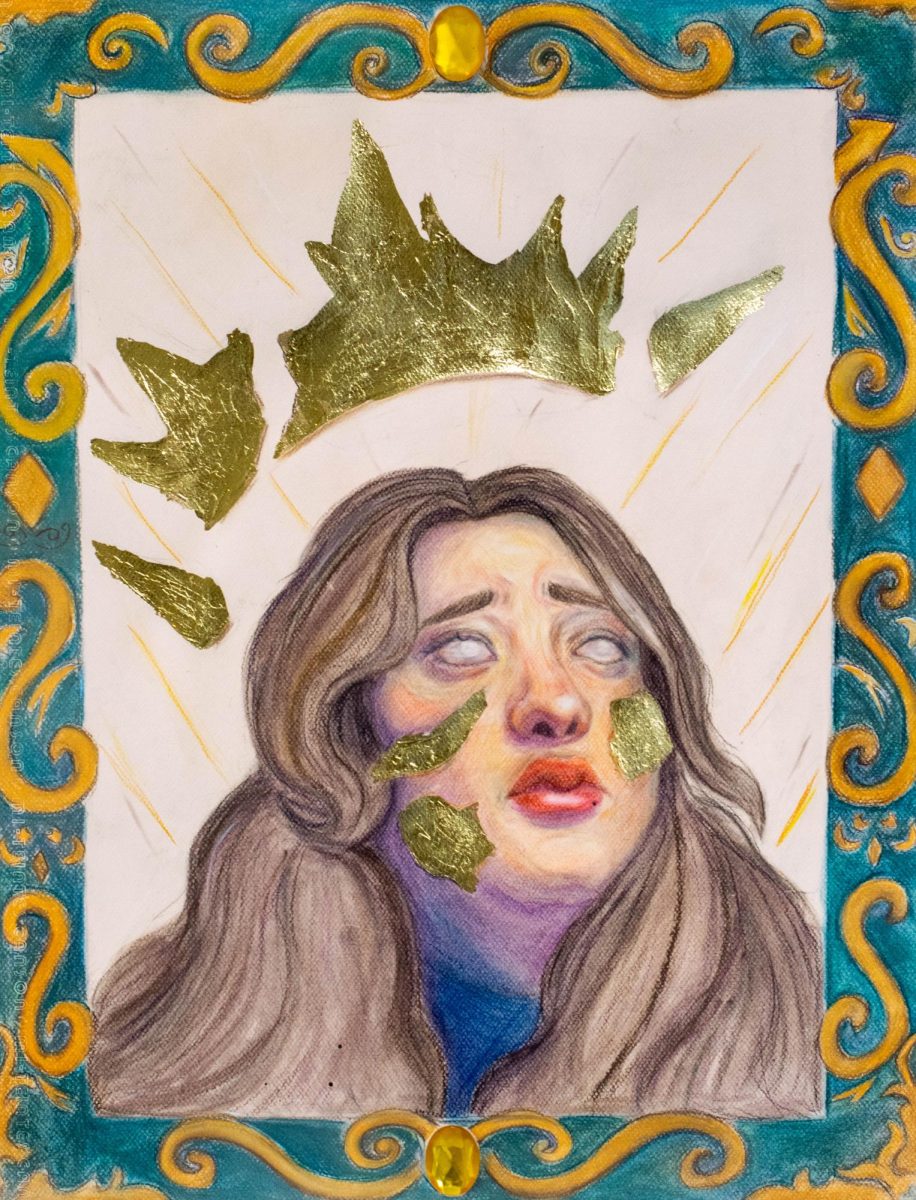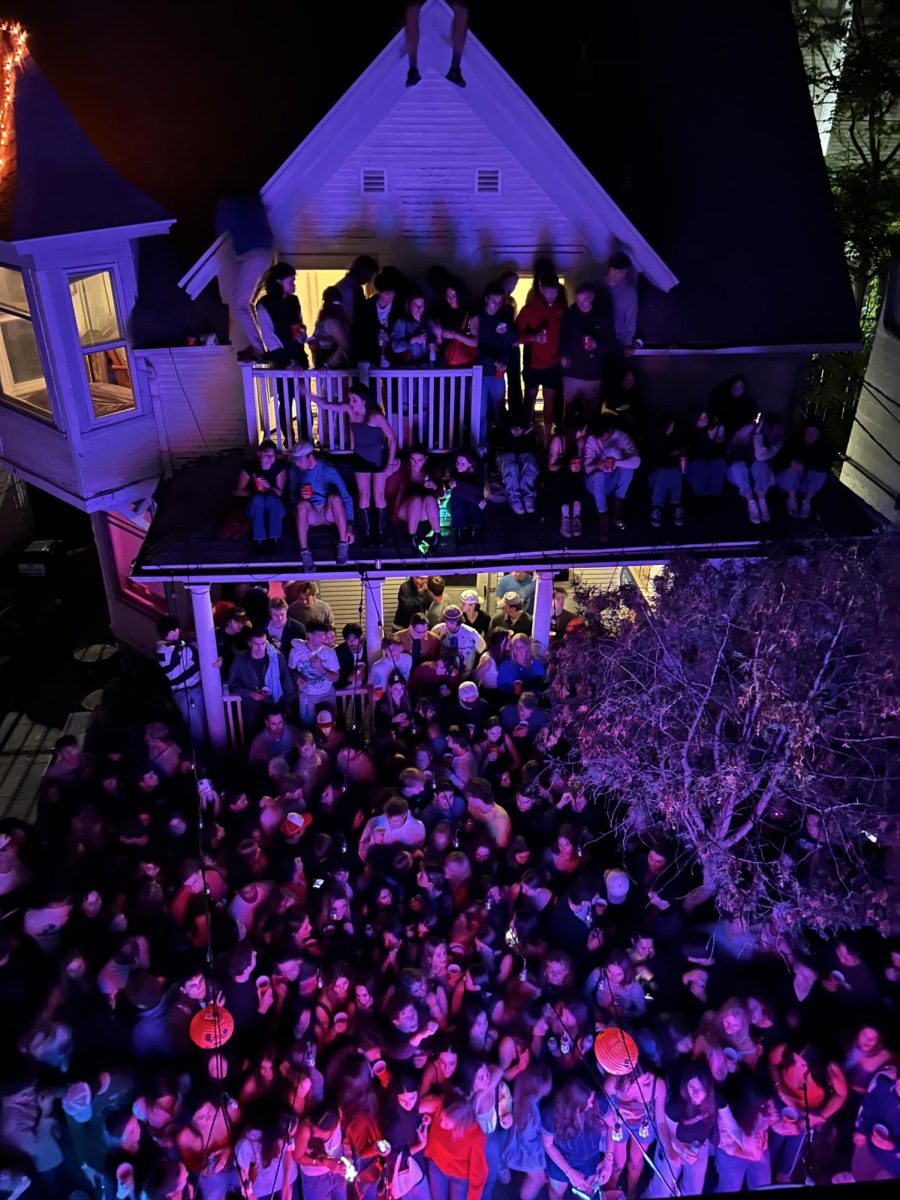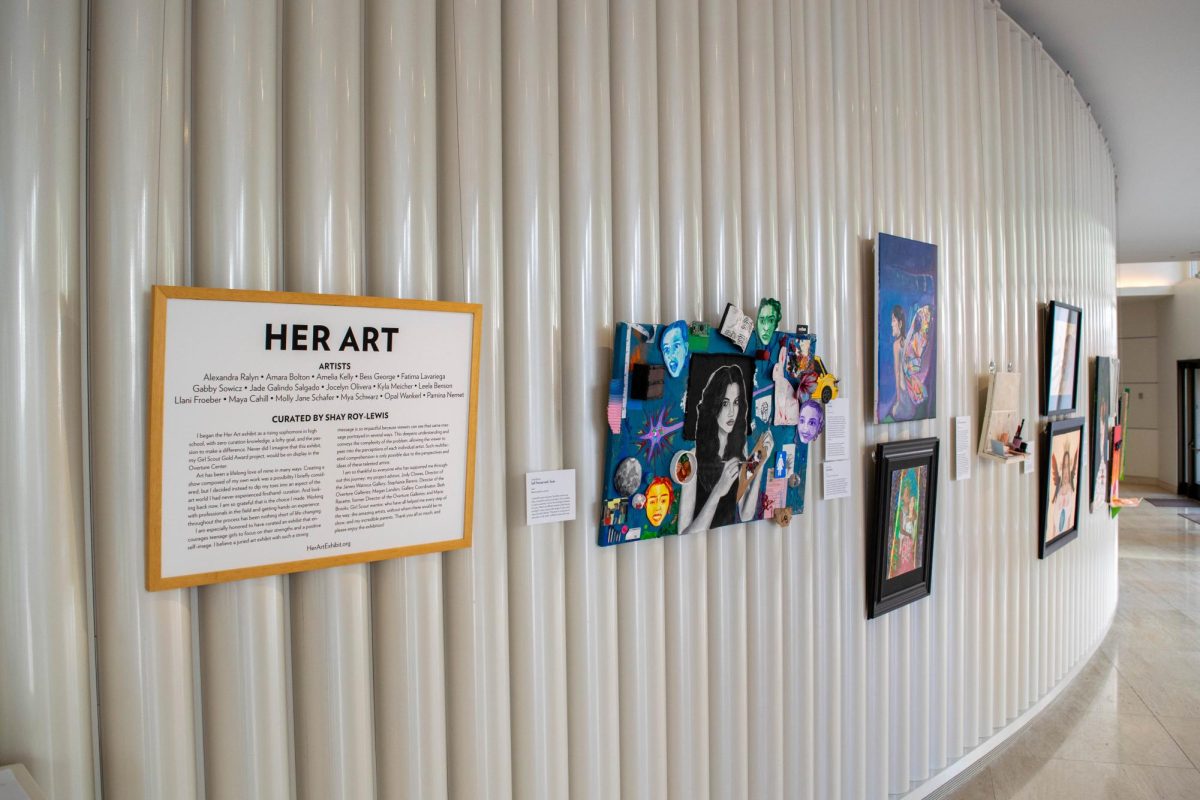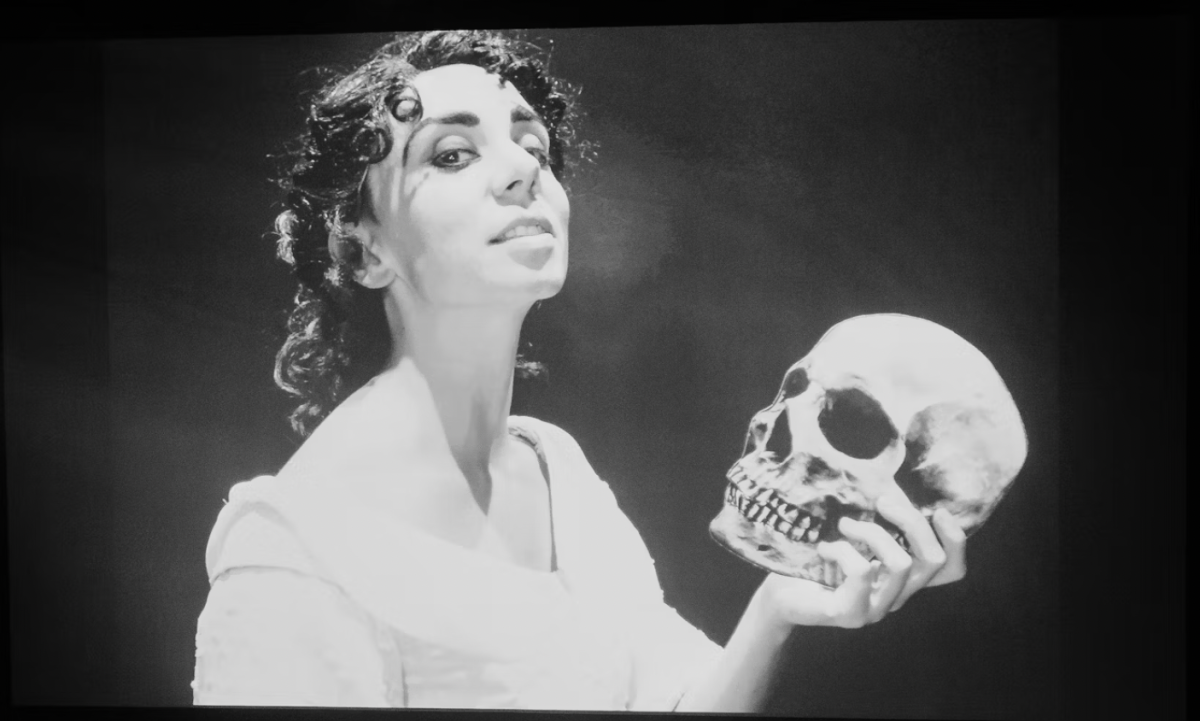Watching a person corrode from schizophrenia is like watching a train wreck of the soul. For those of us who sit on the other side of the window from people who suffer from this largely hereditary disorder, mustering compassion can be difficult. “Unbreakable Minds,” a new documentary, forces us to do just that.
Canadian filmmakers Abbey Neidik and Irene Angelico achieve the almost impossible feat of humanizing society’s most stigmatized. The film follows a group of schizophrenic people in a Chicago program called Will Power as the organization tries to fight for its turf in neighborhoods that don’t want it in their backyard.
Will Power and its facilities are situated mostly in Chicago’s Uptown neighborhood. It’s a neighborhood that has become known as a dumping ground for the dispossessed as Alderman Helen Schiller, a University of Wisconsin alumnus, has created as many enemies as she has friends fighting for housing rights of the mentally ill in her lakefront ward.
Buzz started humming for this film in an unusual way for such a serious subject: with coverage in the latest issue of über-irreverent Vice Magazine. While working on a 31-hour Canadian broadcast documentary on the history of magazines, co-director Angelico began following the Vice editorial staff. “[While] we were filming, they asked to see one of our documentaries and we just happened to have ‘Unbreakable Minds’ on us,” Neidik said.
Three weeks later, Vice asked the director/producers if they could use writing by “Unbreakable Minds” subjects in an unusually sensitive issue about the mentally ill. Viceland.com also placed clips from the film on its website. Since this current issue of Vice, calls have been streaming into Neidik’s office asking for copies of his documentary.
“Unbreakable Minds” casts its subjects as offbeat, hard-as-metal protagonists caught at the center of Will Power’s housing struggle. “Once you’re able to say this group of people don’t deserve to live somewhere, they become like vermin,” said Neidik. “To me, the next step is you sort of justify yourself in a sort of extermination.”
In the process of giving viewers the opportunity to “walk in these peoples’ shoes” Neidik and Angelico tried to capture the level of awareness people had about their disease and how they used their own ricocheting humor to cope. “In a way these people have their souls very close to the skin,” Neidik said.
While working on another documentary, “She Got Game,” about the woman’s pro tennis tour, the team shot scenes with Will Power residents over the course of three years, allowing them to capture the onset and deterioration of schizophrenia in one of its central characters, Brad. He’s a handsome, blonde, baseball-cap-wearing Midwesterner, easily a guy found any night at State Street Brats.
When viewers first meet Brad in the film, he expresses only peaks of paranoia but seems mostly stable, functioning. “He’s aware of what’s going on and he desperately wants to be normal,” says his brassy mother in a thick West Suburban Chicago accent. Later, as his story and Brad unravel, he has started to scatter and earnestly tells the camera that his one solace in managing his disease are the personal visions he receives from John Lennon.
Neidik relates a story from a screening of the film at Will Power where one of the subjects, a jovial, round, Cubs-fan archetype named Rob watched his life unfold along the same crease. “At the end he stood up and said, ‘for the first time in my life for a long time, people were laughing with me, not at me,'” Neidik said.
Dark storytellers abound in the post-independent cinema age, but not even Todd Solondz can achieve the median between humor and futility this film achieves. One literally laughs at the absurdity of what subjects say while at the same time weeping tears and shaking from prickly realization that this could happen to any of us.
One reader of Vice, a self-identified upper-class 20-year-old college student, called his engagement with the subjects life-changing, “it made me realize that nothing in life is a given.”
In the mental illness issue of Vice, the words sit starkly below a photo of another photo, a personal snapshot featuring the “Unbreakable Minds” subjects/writers in happy memories, before each person was diagnosed. Most of the photos are yellowing and unfolded from years of being poorly taken care of in a jumbled shoebox, speaking of how the schizophrenic person tries to reach into his or her past, for the former normal self. In the magazine, we realize this is a way of telling themselves that they are something else besides a montage of hallucinations and behavioral episodes.
Neidik said one of his most harrowing experiences working on this documentary was realizing how medication regimens affected his subjects’ lives. “On one hand, they have to take them otherwise they and everything around them descends into chaos,” said Neidik. “On the other, the meds make you slow, you slur your words.”
This reviewer would place good money on “Unbreakable Minds” ending up as a dark-horse Oscar Nominee. Very few films have captured triumph and heartbreak as two opposite wings on a Pegasus, the most wanted of society trying to fly above their minds on the fritz and thunderstorm clouds of heavy medication.
“The constant struggle for these people is to try to get back to themselves from a person they don’t even know,” said Neidik.







